The US's entry into the conflict between Israel and Iran came as a surprise: Trump had previously avoided making direct statements about his plans.
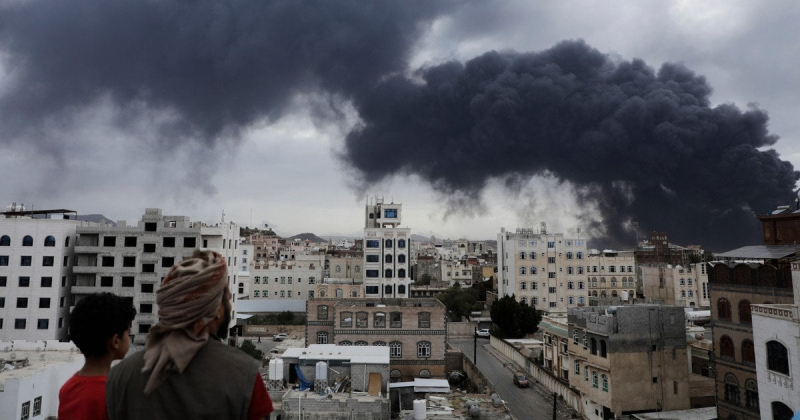
US President Donald Trump said three of Iran's strategic targets had been completely destroyed and threatened more powerful strikes if Iran continued to resist. In response, the Israel Defense Forces (IDF) confirmed that Iran had fired missiles toward Israel.
How world leaders reacted to these events and what is known, all the details have been collected by TSN.ua
What is known about the attack on Iran
The day before it became known that the US military had struck three Iranian nuclear facilities – Fordow, Natanz and Isfahan. The head of the White House, Donald Trump, said that the US military had successfully attacked the Fordow, Natanz and Isfahan facilities.
“The American military recently launched massive precision strikes on three key Iranian regime nuclear sites – Fordow, Natan and Esfahan. Everyone has heard these names over the years as they built this horribly destructive facility,” Trump said.
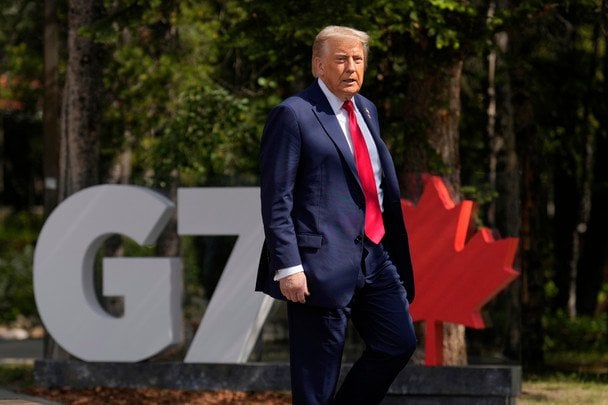
Donald Trump said the strikes were intended to completely destroy Iran's uranium enrichment program and thus end the nuclear threat from “the world's number one state sponsor of terrorism.”
“Everyone has known about these facilities for years as part of a horribly destructive project. Today I can tell the world: these strikes were a spectacular military success. Iran's nuclear facilities were completely destroyed,” the president emphasized.
He also added that Iran is now “forced to seek peace.”
How did Iran react?
In response, Iran attacked Israel with missiles. According to CNN, an Iranian ballistic missile left a huge hole in a three- or four-story apartment building in northern Tel Aviv. The missile ripped through the top floor of the building. It also tore through the concrete walls of the building and blew out all of its windows.
Iran's atomic energy agency has strongly condemned the US strikes on its nuclear facilities, calling them a violation of international law and vowing to continue its nuclear program.
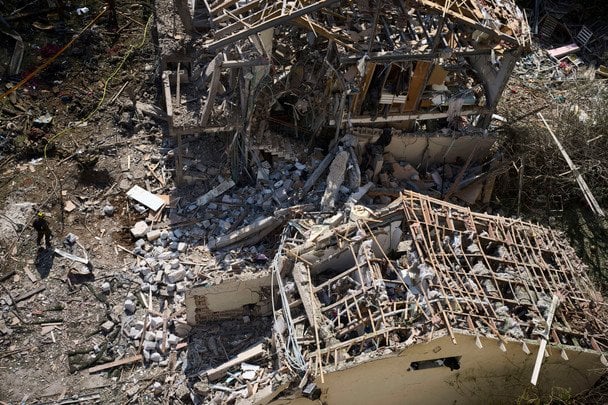
Meanwhile, Iran's permanent representative to the UN, Amir Saeed Iravan, called the US strikes on nuclear facilities “deliberate aggression” against the country and called on the UN Security Council to immediately convene an emergency meeting due to Washington's “wild and criminal actions.”
“The Islamic Republic of Iran condemns in the strongest possible terms these unprovoked and deliberate acts of aggression. Undoubtedly, the US military aggression against its sovereignty and territorial integrity is a clear and flagrant violation of international law and the imperative international norms enshrined in the UN Charter,” the Iranian envoy said in a letter released after the attack.
How did Israel react?
Israeli Prime Minister Benjamin Netanyahu said US President Donald Trump's decision to strike Iran's nuclear facilities will be remembered in history.
“Congratulations, President Trump, your courageous decision to strike Iran's nuclear facilities using the awesome and righteous power of the United States will change history,” the Israeli prime minister said.
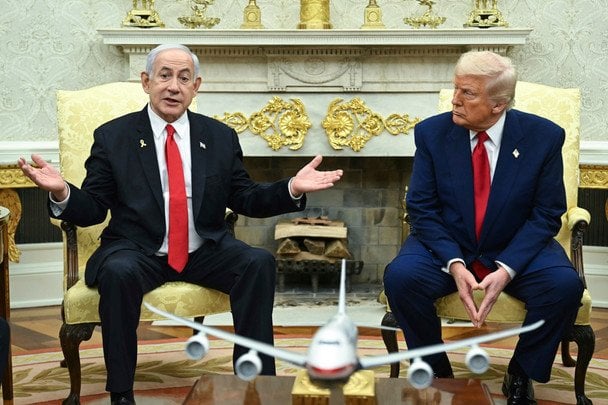
Netanyahu said the US strike on Iran's nuclear facilities “exceeded all expectations.”
“It (the US attack – ed.) did something that no other country on Earth is capable of doing. History will remember that President Trump acted to prevent the most dangerous terrorist state in the world from getting the most dangerous weapon,” the Israeli leader said.
How did the UN react?
Rafael Mariano Grossi, director general of the International Atomic Energy Agency, the UN's nuclear watchdog, said he was monitoring nuclear power and called an emergency meeting.
“In light of the urgent situation in Iran, I am calling an emergency meeting of the (IAEA) Board of Governors for tomorrow,” Grossi wrote in a message on X.
UK reaction
British Prime Minister Keir Starmer called on Iran to return to the negotiating table after the United States launched strikes on Iranian nuclear facilities, CNN reported.
Starmer said in his X message that “Iran must never be allowed to develop nuclear weapons and the US has taken steps to reduce this threat.” He called Iran's nuclear programme “a grave threat to international security.”
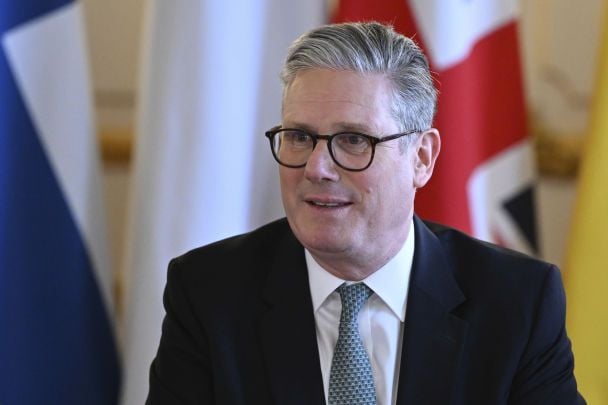
“We call on Iran to return to the negotiating table and reach a diplomatic solution to end this crisis,” the prime minister said.
Meanwhile, Iran's Foreign Ministry earlier called the US actions a “dangerous war against Iran” and a “violation of international law,” citing strikes on its nuclear facilities.
Iraq's reaction
Iraq has warned that US strikes on Iran's nuclear facilities threaten stability in the Middle East.
“This military escalation poses a serious threat to peace and security in the Middle East and creates serious risks for regional stability,” Iraqi government spokesman Basim Alawadi said.
Alawadi warned that continued attacks would lead to “a dangerous escalation with consequences that extend beyond the borders of any single state, threatening the security of the entire region and the world.”
Iraq called for an immediate de-escalation of the conflict. The government also stressed that the international community should remember that “wars leave only destruction in their wake.”
Turkey's reaction
Turkish President Recep Tayyip Erdogan met with Iranian Foreign Minister Seyed Abbas Araghchi in Istanbul and discussed Tehran's escalation with Israel. The Iranian diplomat arrived in Turkey to attend a meeting of the Council of Foreign Ministers of the Organization of Islamic Cooperation.
President Erdogan stressed that the Middle East cannot withstand another armed conflict. He stressed that the nuclear standoff can only be resolved through negotiations.
In addition, Erdogan said that Türkiye is ready to help the countries reach an agreement and contribute to calming the situation.
What is the radiation status now?
The IAEA (International Atomic Energy Agency) said there was no increase in radiation levels outside Iran following the recent attacks on three nuclear sites in Iran, including the underground complex at Fordow.
“The IAEA can confirm that there have been no reports of increased radiation levels outside the sites to date,” the agency said in a statement.
It literally became known that Yemen officially declared its entry into the war in the Middle East.
Earlier it was reported that the proposals of European countries at the talks in Geneva on Iran's nuclear program were “unrealistic” and could hinder the agreement.
It also became known that US President Donald Trump tried to secretly arrange a meeting between high-ranking American and Iranian officials in Istanbul.

